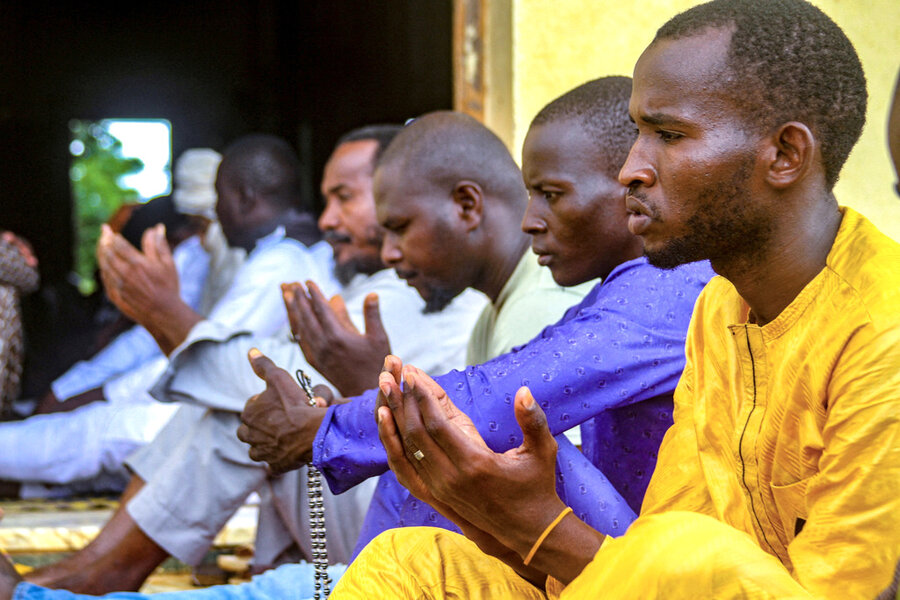Africa’s pushback against coups
Loading...
In mid-July, anti-corruption activists in Niger brought together judges, lawmakers, military officials, and citizens for three days. Their goal: refine legislation promoting transparency in public affairs, notably in terms of defense and security. Less than a week later, the military overthrew the elected government of President Mohamed Bazoum.
The coup brought a swift response from other West African nations, which are still weighing an option to intervene with force. Yet in Niger, pro-democracy activists see the need for a different kind of force. They are determined to show that, if a democratic government falls by either the threat or use of arms, it should be restored by rebuilding integrity and trust in society.
Such civic traits are missing in Niger’s military, which, according to Shérif Issoufou Souley of the Nigerien Association for the Fight Against Corruption, has a history of “unaccountability, opaqueness and lack of communication with civilians.” The proposed reform legislation was meant “to promote good governance and tackle corruption ... so that the military and civil society can work hand-in-hand” on democracy and development, she said at a conference in May.
The meeting in July was probably not the singular trigger for the coup. Prosecutors are still investigating a scandal in military procurement. Yet the gathering did focus on two aspects of governance that scholars say are essential to preventing coups.
The first is honest and open government. The countries along the southern band of the Sahara known as the Sahel are among the world’s poorest and most corrupt. “In each country recently taken over by generals, corruption hollowed out civil administration and undermined politicians’ credibility,” wrote Alex de Waal, executive director of the World Peace Foundation at Tufts University, in The New York Times on Monday.
That points to the second factor. The “vibrancy of civil society groups,” says Sebastian Elischer, an expert on sub-Saharan Africa at the University of Florida, is a key variable in whether coups succeed. “Where civil society groups manage to rally the population to demand a return to democratic civilian rule, juntas depart from power,” he wrote in The Conversation last week.
This influence of civil society has been broadly evident in Africa. In Sudan, for example, an outbreak of fighting between the two generals who led a coup in 2022 has not deterred the pro-democracy movement. A report by the United States Institute of Peace last week noted that “young people across the Sahel are leading the most courageous initiatives to counter the speech, reintegrate former combatants back into communities, and provide relief to those suffering the most in the war in Sudan.”
On Sunday, Islamic scholars from Nigeria coaxed an agreement from Niger’s coup leader, Gen. Abdourahamane Tchiani, to meet with West African leaders. That shows both the influence of civilian groups and the public pressure on the general to listen to Niger’s reformers. Rebuilding trust and the country’s democracy start with such listening.







